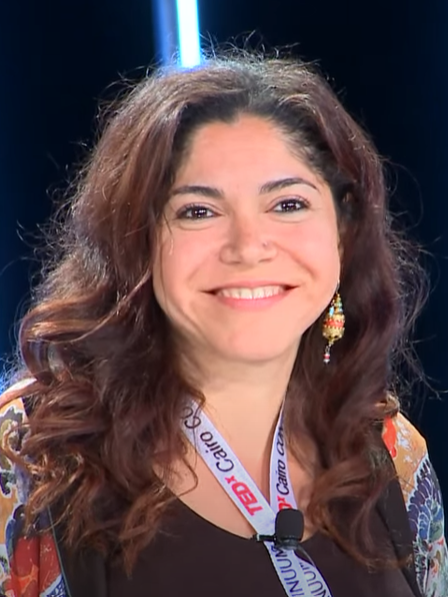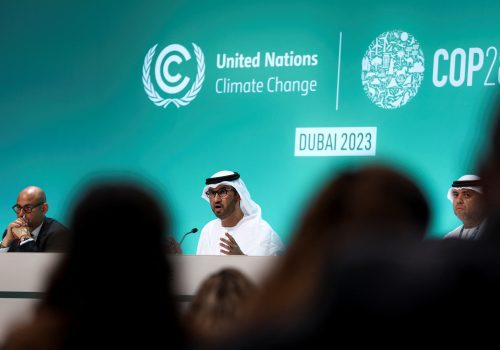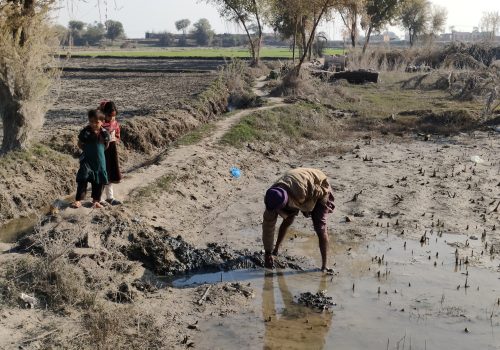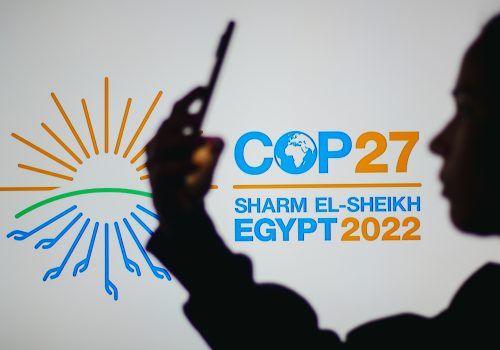All Content
Lama El Hatow is a nonresident fellow with the empowerME Initiative at the Atlantic Council’s Rafik Hariri Center for the Middle East and has thirteen years of work experience in the environmental field, nine of which as an environmental and social specialist at the International Finance Corporation (part of the World Bank Group) working on projects in sectors including manufacturing, infrastructure, services and financial markets. She has worked on a wide range of projects across the Middle East and North Africa as well as a few projects in Sub-Saharan Africa including Mozambique and Nigeria. Many of El Hatow’s projects include complex infrastructure such as hydropower development on a transboundary watershed in Pakistan, as well as the world’s largest solar park, Benban Solar Park, in Aswan, Egypt where she acted as the focal point lead.
El Hatow was also engaged in the United Nations Framework Convention on Climate Change negotiations for five years from 2009 to 2014 as a climate policy officer, lobbying governments to reduce their greenhouse gas emissions whilst following both the mitigation and adaptation tracks quite closely through the international nongovernmental organization Climate Action Network.
El Hatow’s specialization is in climate change and water resources with a specific emphasis on transboundary water management. El Hatow has a bachelor’s degree in construction engineering and a master’s degree in environmental engineering from the American University in Cairo, Egypt. Her doctorate degree in sustainability from Erasmus University Rotterdam in the Netherlands has enabled her to work across various cross-cutting fields to assess the ecologic, economic, policy-oriented, social, and governance-related factors related to water and climate change. Her dissertation, “Climate Change as an opportunity for cooperation on the Blue Nile River Basin,” utilized the water-energy-food nexus approach to outline win-win benefit-sharing opportunities of the Blue Nile for three countries (Egypt, Ethiopia, and Sudan) for a sustainable transboundary approach to water management.



